Funding Quality News and Journalism
Fundamental to a Functioning Society
Misinformation and Disinformation: the Sowing of Mistrust and the Harm of Divisiveness
Our first inkling of misinformation and disinformation were cloaked in a hard to define wrapping of “fake news”. It was not until we could see clear evidence of misleading information that began with the 2020 Presidential election cycle, the social justice movement around the murder of George Floyd, and the outbreak of COVID-19 that we really began to have a clear understanding of the difference in these terms and how they were being spread.
It seems pretty clear that these dynamics are here to stay. The question is how well each can be managed forward, and what methods become most effective at minimizing their harmful social impact.
“We didn’t foresee how 1 to 1 communication was affecting society. Algorithms have created a bifurcated society – we are talking to each other like we are getting a divorce, there’s acrimony in the conversation.”
— CPG Advertiser
Today, with the increasing number of information outlets, and the platforms through which to spread them, we have created a cesspool for harmful rhetoric and outright lies. If you are looking at a source that doesn’t appropriately represent your POV on a topic, there are 10 other waiting in the wings. Coincidentally, a number of these sources masquerade themselves as credible news sources but are extremist destinations playing on people’s emotions and pushing their partisan agenda, or infotainment sources who have no real incentive for getting the information right, as long as they can produce traffic for advertising.
Nonetheless, one our best weapons is to understand what mis- and disinformation is, how they are propagated, and how to diminish their effects. This section will help you to understand the differences and give you a better handle on how and where they live. From there, you can sharpen your executional strategies.
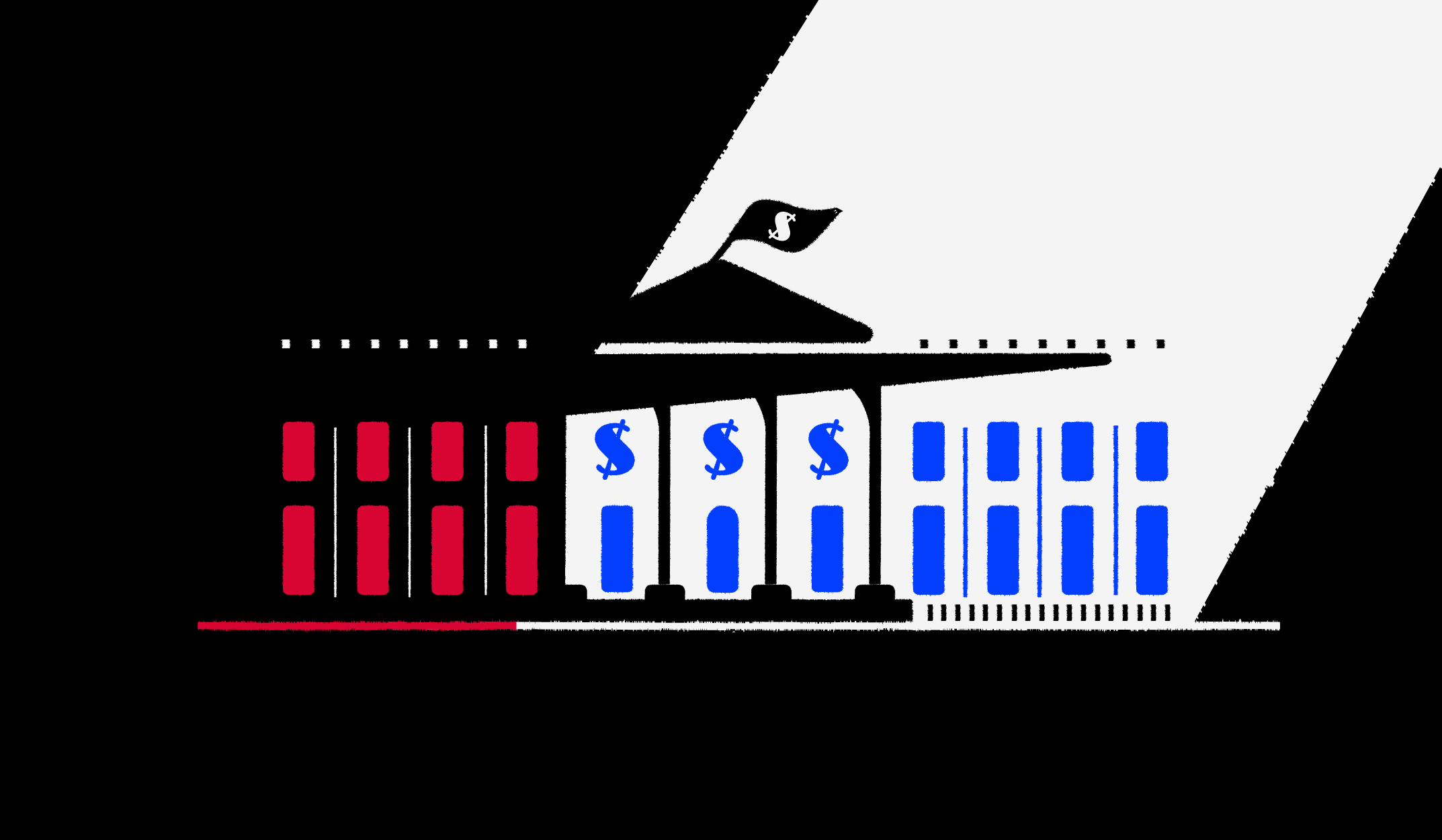
The assassination attempt on former President Donald Trump starkly highlights the razor-thin line between profit and ethics that platforms are precariously tightrope-walking as the presidential race heats up.

The group intends to fight what its leader, Nina Jankowicz, and others have described as a coordinated campaign by conservatives and their allies to undermine researchers who study disinformation.

Joan Donovan of Boston University discusses the risks posed by deepfakes and other forms of political deception enabled by artificial intelligence. She’s not as impressed, though, by the technology’s business prospects.

Both the private sector and government will have to work more seriously to help safeguard American democracy from falsehoods.

Disinformation abounds, and it can kill. Fortunately, it can often be unambiguously identified

A global, cross-industry group has assembled not only to define misinformation in a specific and actionable way, but also to grade misinformation in accordance with the APB’s Brand Suitability Framework in order to give advertisers real-world intelligence on which to base their marketing decisions.
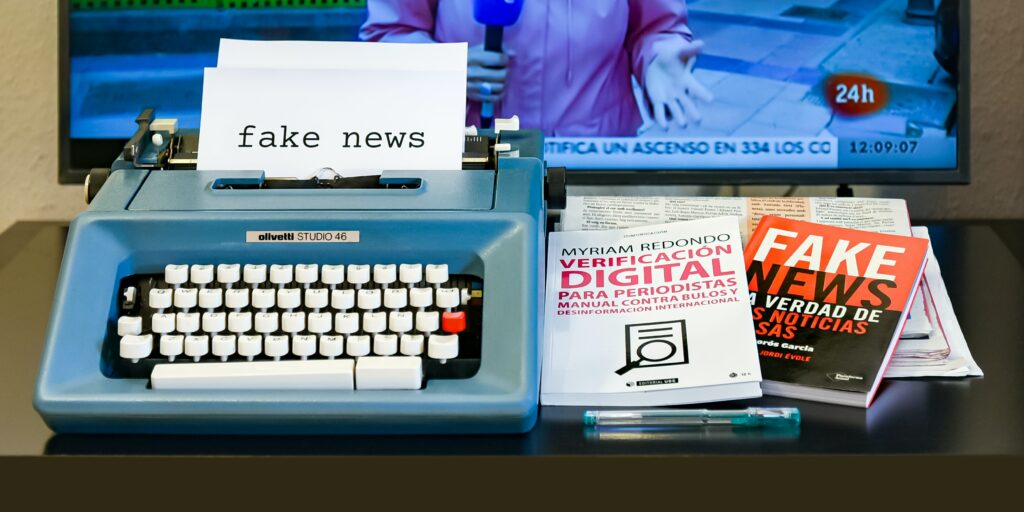
In this essay series from Items, the SSRC’s digital forum, researchers explore how a stronger understanding of authenticity and realigning our focus beyond disinformation might lead to more robust interventions in an increasingly fractured and polarized political landscape.
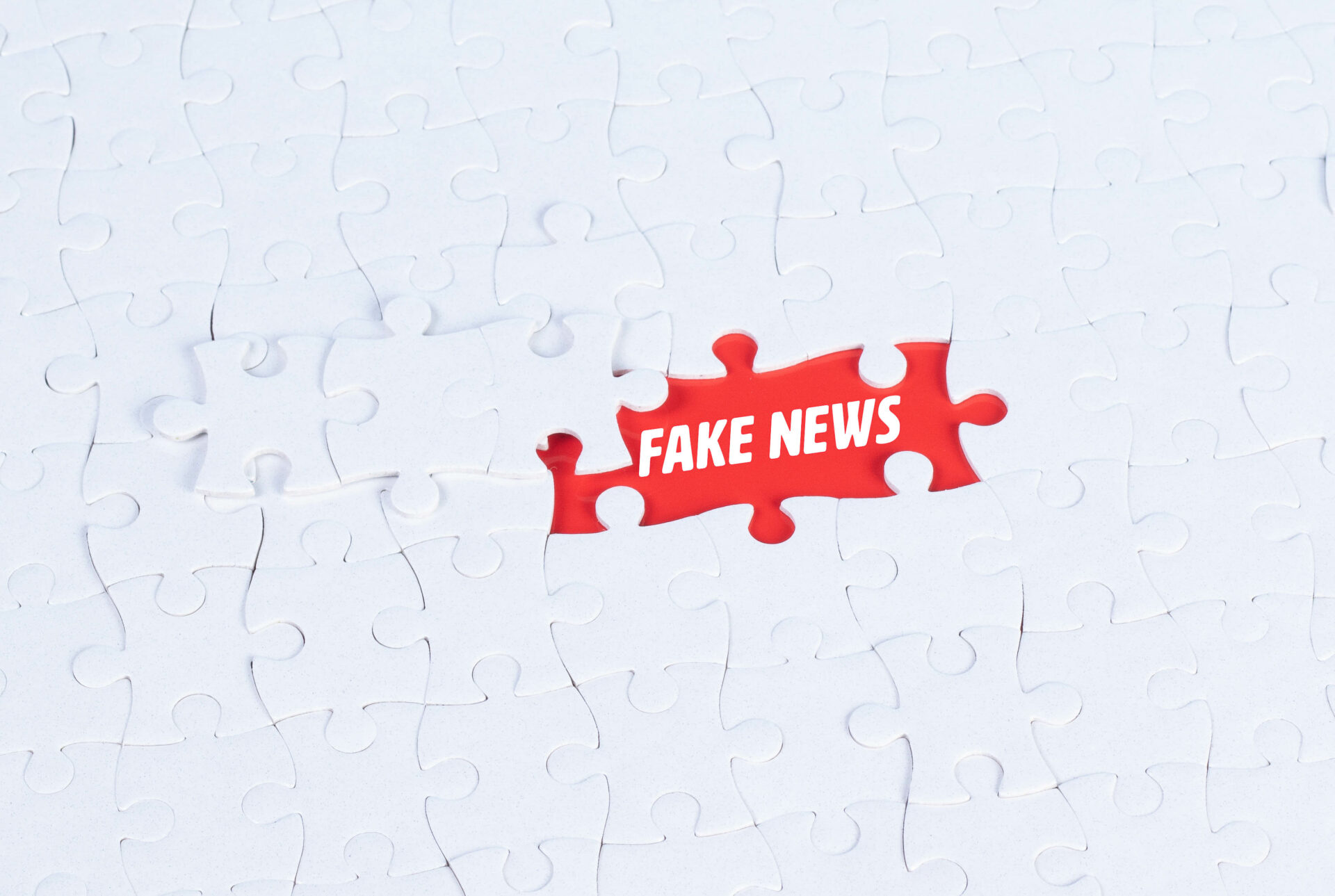
One major concern about fake news is that it could damage the public trust in democratic institutions. We examined this possibility using longitudinal survey data combined with records of online behavior. Our study found that online misinformation was linked to lower trust in mainstream media across party lines. However, for moderates and conservatives, exposure to...
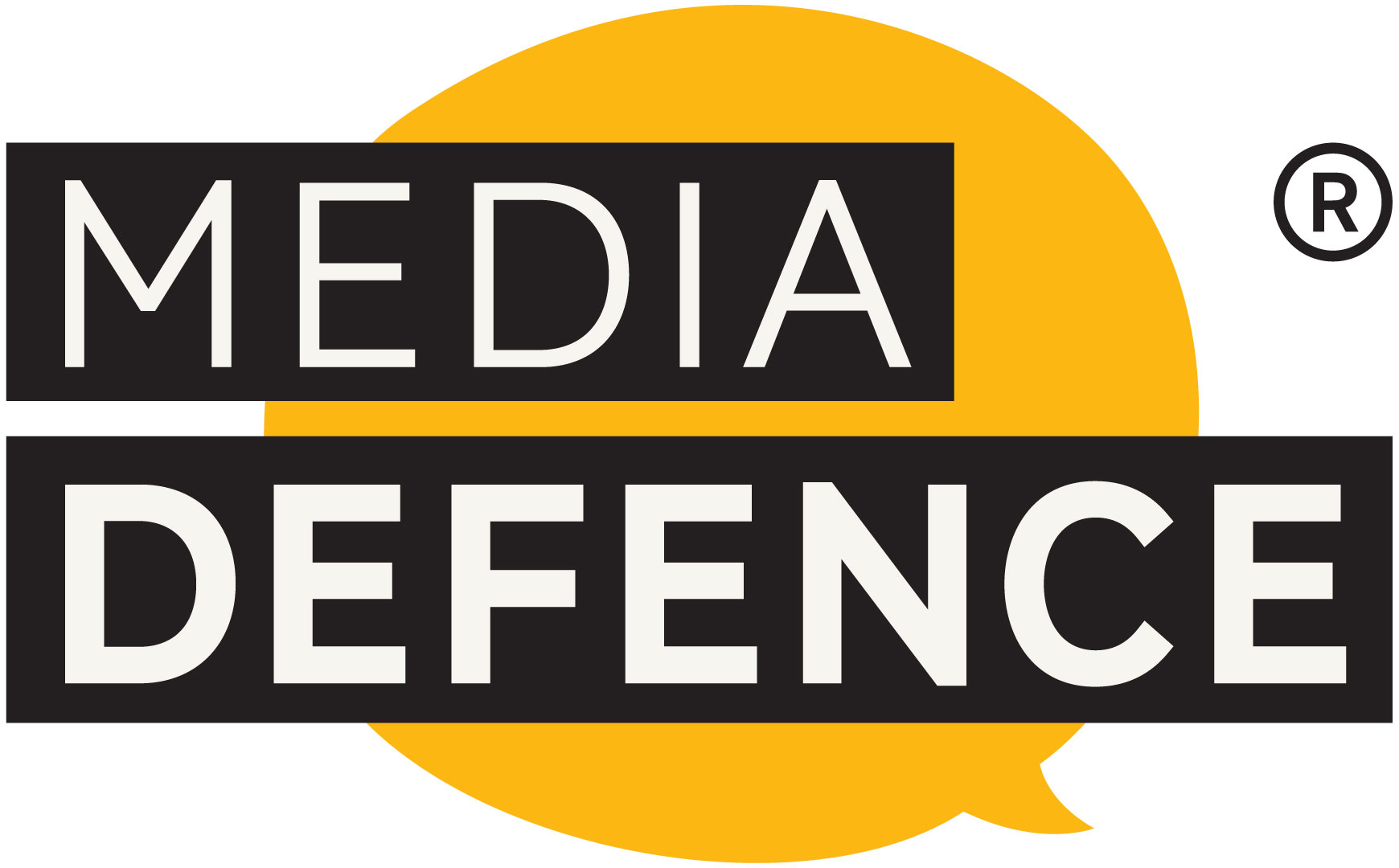
Misinformation should not be confused with quality journalism and the circulation of trustworthy information which complies with professional standards and ethics.

Incorrect interpretations of health information, which increase during outbreaks and disasters, often negatively impact people’s mental health and increase vaccine hesitancy, and can delay the provision of health care, a new WHO review shows.
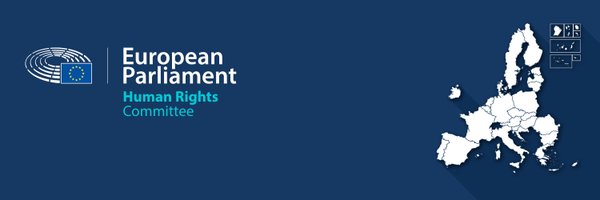
Effective responses to disinformation are needed at multiple levels, including formal laws and regulations, corporate measures and civil society action.
